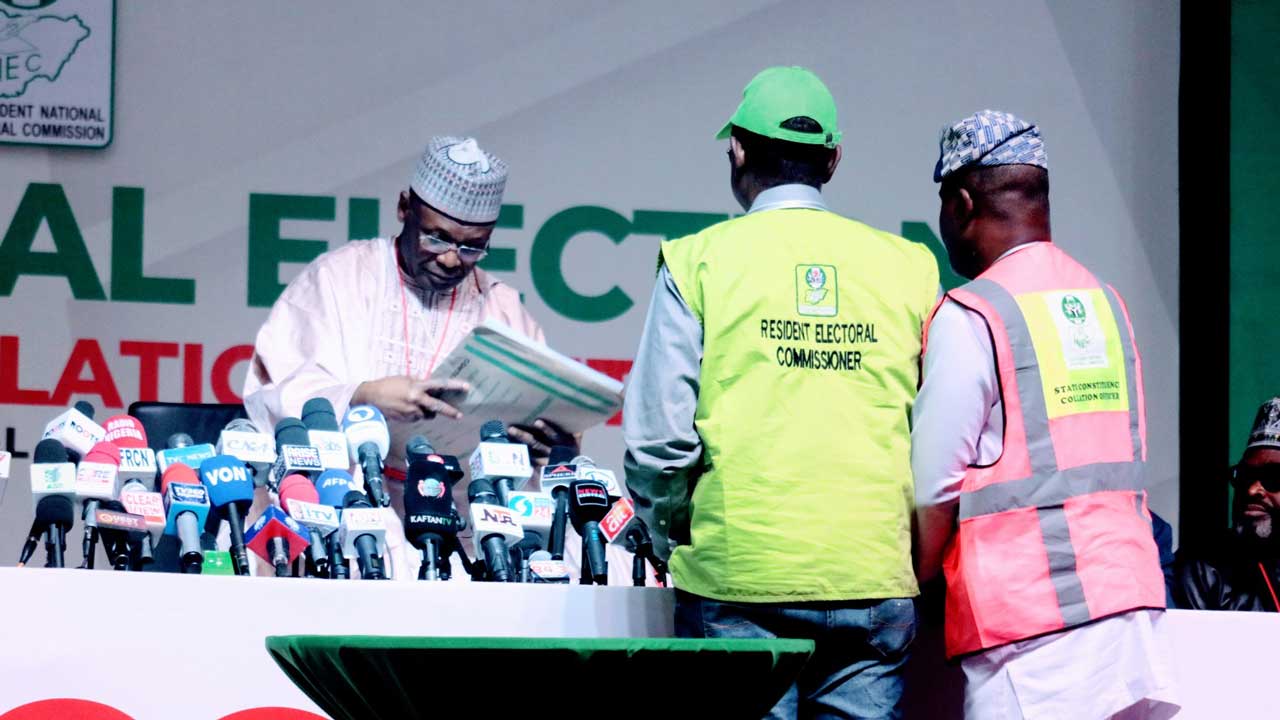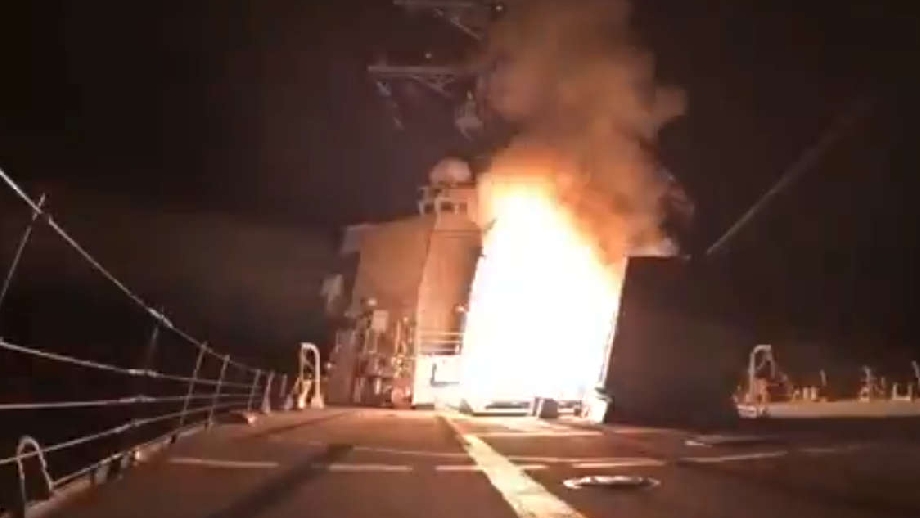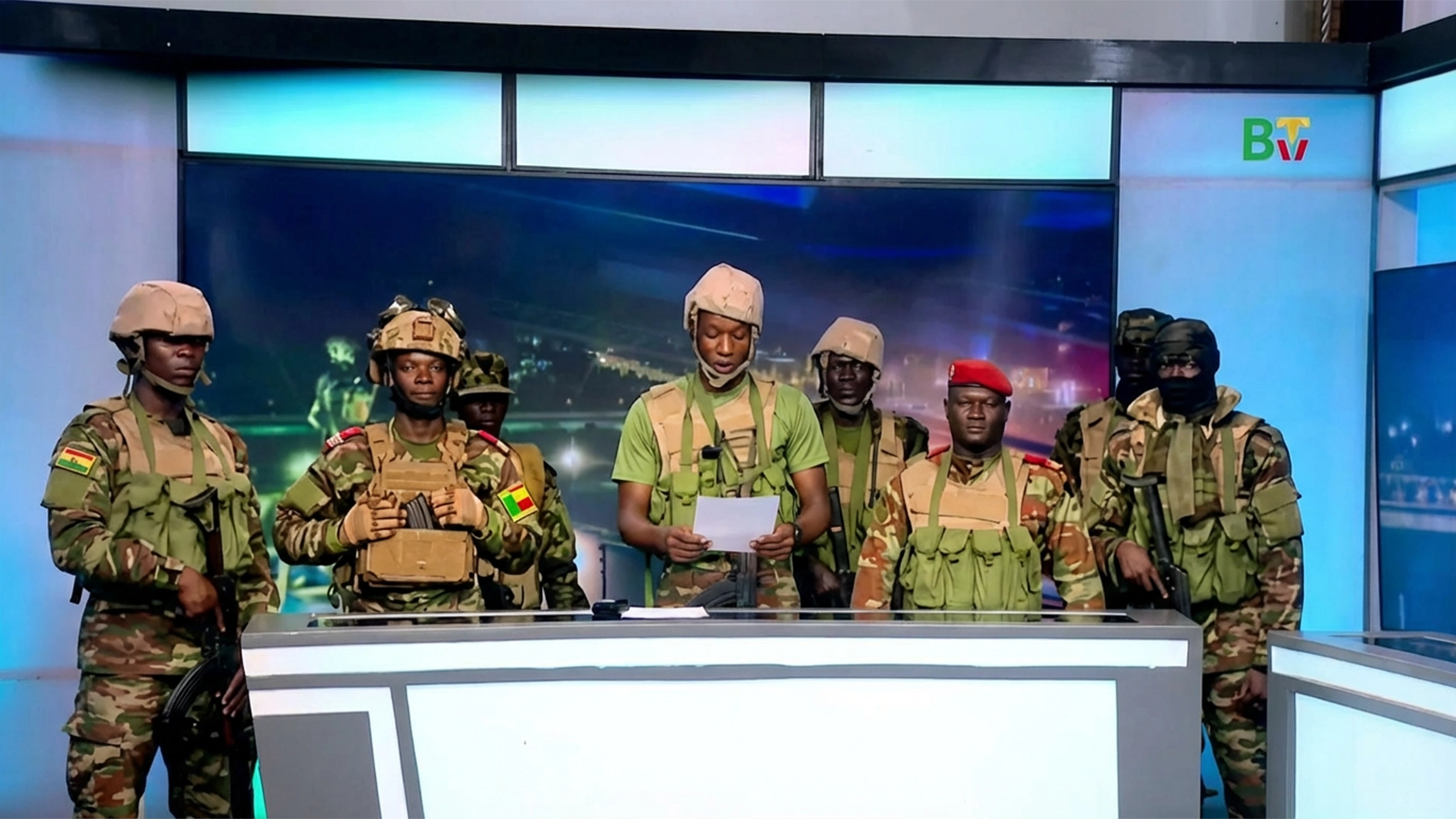
First, on the eve of the elections, the liquidity squeeze resulting from the government’s ill-informed policy of naira redesign was disconcerting for the population and deterred commuting to voters’ centres and polling units. Like child’s play, the voters’ woes were compounded by the contradictions that emerged on Deed Day: Late arrival of the election officials and materials, omissions, and wrong sorting of sensitive material delayed voting in some centres. Pockets of violence, disruption of voting, snatching and destruction of ballot boxes and papers, and threats to voters were also hallmarked in many stations across the country.
For example, in Borno State, low voter turnout, malfunctioning of BVAS and late arrival of election materials were recorded in most polling units in the Maiduguri metropolis. As of 11:25 a.m. on Election Day, voting materials did not arrive in Shettima Kukawa PU 023 at Lawan Bukhari. In the Federal Capital Territory (FCT), some voters expressed displeasure over the late commencement of the voting exercise. For example, voters at polling unit 17, Byazhin ward, Kubwa, complained about the late arrival of voting materials, especially ballot boxes. In Imo State, South-east Nigeria, it was reported that the Independent National Electoral Commission (INEC) officials arrived late at some polling units well after the stipulated voting time. This was the case in all five voting wards in Egbema community in the Ohaji/Egbema Local Government Area of the state.
Reportedly, in Abia State, particularly Abia North about five local government areas with polling units in Bende, Umunneochi, Ohafia, Arochukwu, and Isuikwuato witnessed late arrival of voting materials. In Kogi State, it was reported that at midday, the election did not commence in some polling units in Lokoja, Ajaokuta, Ganaja and Lokongoma among others due to the late arrival of INEC officials. In Lagos, as of 10.20 a.m., some polling units in Ikorodu experienced late arrival of INEC officials and materials at polling unit 019, Ita Aro Square, Àga/Ijimu ward allegedly due to the inability to pay drivers conveying election materials. Equally, in Lekki, voters witnessed the late arrival of INEC officials and materials.
In other areas, BVAS theft and malfunction posed a problem to the voting process. Indeed, Prof. Mahmood Yakubu, the INEC chairman, made the point in a situation report that some Bimodal Voter Accreditation System (BVAS) machines were snatched from electoral officials. For example, in units in Akwa Ibom, Delta, Katsina, Niger and Rivers states, BVAs were reportedly snatched by thugs while it malfunctioned in some places. In Akwa Ibom, two voters were macheted while carting away a Bi-Modal Voter Accreditation System machine in the Onna Local Government Area (LGA) of the state. In Delta State, particularly Oshimili LGA, thugs attacked a polling unit and two BVAS machines were lost in the process. Also, at the Uzoigwa primary registration area centre in Asaba and Ward 9, Unit 3, Okpanam, in the Oshimili North Local Government Area, BVAS malfunctioned at the commencement of the accreditation. In Katsina State, in Safana LGA, thugs attacked one of our voting locations and snatched six BVAS machines. In the FCT, some voters decried the malfunctioning of the BVAS during accreditation, particularly at Unit 025, Minister Gate.
Disturbingly, ballot box snatching and killing also occurred in some parts of the country. In Bayelsa State, the voting process was disrupted at the GSS polling unit in Ofoni in the Sagbama LGA following gunshots fired by some irate youths. Two women were reported to have sustained gunshot wounds. In Edo State, ballot box snatching proliferated. Thugs snatched ballot boxes and voting materials at the Oredo Ward 4 Unit 42 on Butcher Street, Benin among other areas of the state. In Enugu State, at Umulokpa, headquarters of the Uzo-Uwani Local Government Area thugs attacked the INEC office and attempted to hijack election result sheets in all the polling units in the council area. In the Federal Capital Territory, at the Dagiri area of Gwagwalada, suspected political thugs destroyed 24 ballot boxes in eight polling units. Also, in FCT, thugs destroyed ballot boxes at a voting centre in the Kayarda area of Kuje. In Kogi State, violence and harassment of voters marred the election, especially, at the Odaba polling unit in Dekina Ward, Ogege Road, where thugs snatched ballot boxes and a political thug was shot dead in the process. In Ogun State, ballot boxes were also destroyed by gunmen, for example, Ayegbami polling unit in Ikenne LGA. In Osun State, Political thugs snatched ballot boxes in some parts of Osun State such as the Idi-Ogungun polling unit in the Boripe LGA, taking away the ballot boxes at gunpoint. The exercise witnessed pockets of disruptions in Atakumosa East and West LGAs. In Taraba State, one person was killed by security in the early hours of the voting day in an election-related security operation.
In a case of vote-buying in the FCT, the Economic and Financial Crimes Commission (EFCC) arrested a man for allegedly masterminding a vote-buying procedure at the polling unit situated at the Science Primary School, Bwari. Meanwhile, some voters in Lagos could not locate their polling units on time apparently due to the creation of additional 56,872 polling units in 2021; the situation was compounded by INEC officials who brought the BVAS meant for different polling units. In Delta State, the absence of result sheets and insufficient ballot papers stalled the voting process in Onicha-Ukwu in Aniocha North LGA while in Jigawa State the BVAS could not recognise the face and fingerprint of Alhaji Sule Lamido, a former governor of the state.
The above irregularities did not miss the attention of the local and international observers. In light of the shortcomings, the Transition Monitoring Group (TMG), Nigeria’s foremost election monitoring coalition pointed out that “the brazen disregard for the Electoral Act provision for the transmission of results electronically undermined the process” which undermined the credibility of the election. Taking a cue, the African Union election observation mission (AUEOM), in its preliminary report called for a review of the “electoral logistics operations strategy to ensure timely deployment of electoral material and personnel and sufficient capacity building”.
On its part, European Union Election Observation Mission (EU EOM) flayed the elections, noting that it lacked transparency. It further noted that INEC appeared to have prepared for the elections and raised hope but undermined itself due to delayed polling processes and information gaps related to much-anticipated access to results on its Results Viewing Portal (IReV).
Also, the international observation mission of the International Republican Institute (IRI) and the National Democratic Institute (NDI), noted that “the elections still fell well short of Nigerian citizens’ legitimate and reasonable expectations. Failures of logistics, challenges with voter registration and voter card distribution, inadequate communication by INEC, lack of transparency in the publication of election data, and unchecked political violence before and during the elections overshadowed incremental administrative gains achieved in the pre-election period, and impeded a substantial number of citizens from participating in voting.”
It should be noted, however, that INEC moved to remedy some of the problems by replacing problematic BVAS, supplying materials to where shortages were reported. Above all, in some areas, the INEC had to postpone elections till the next day to allow voters to vote. Similarly, it suspended elections in problematic polling units across the country to ensure propriety in the elections.
The observed irregularities in the February elections are not new. They had been experienced in other elections and are matters that have dogged the electoral process in Nigeria since the commencement of the fourth republic in 1999. Lamenting and decrying the situation is one thing; transformation lies in ensuring that those irregularities do not happen again and even if they do, it should be to the barest minimum that may arise from the uncertainty of our social relations. Nonetheless, political parties and candidates crying foul and seeking the intervention of the court have reasons for their complaints. They should be free to take appropriate legal steps with a view to correcting the anomalies and placing Nigeria in the much-desired front running of election and democratic ideals.
• Tomorrow: Imperative to prosecute election offenders and violators






